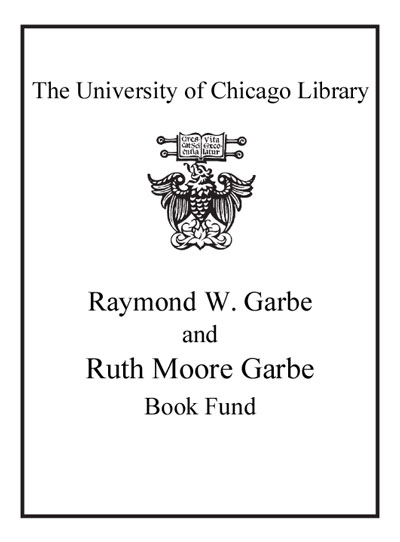Review by Publisher's Weekly Review
In bestsellers such as Fortune's Rocks, Shreve has revealed an impeccably sharp eye and a generous emotional sensitivity in describing the moment when a man and a woman become infatuated with each. She is less successful this time out, perhaps because the epiphany is one-sided. Escaping from a New Hampshire hotel fire at the turn of the 20th century, Prof. Nicholas Van Tassel catches sight of Etna Bliss and is instantly smitten. She does not reciprocate his feeling, for she has her own unrequited lust, for freedom and independence. That they marry guarantees tragedy. Nicholas tells the story in retrospect, writing feverishly on a train trip in 1933 to his sister's funeral in Florida. His pedantic style is full of parenthetical asides, portentous foreshadowing and rhetorical throat. His erotic swoon commands sympathy, until it carries him past any definition of decency. He will do anything to bring down Philip Asher, his academic rival and the brother of Etna's true love, Samuel. He plays on prevailing anti-Semitism (the Ashers are Jewish), and he persuades his daughter, Clara, to claim that Philip touched her improperly, which besmirches not only Philip's reputation but Clara's as well. We see Etna herself only secondhand, except for some correspondence with Philip reproduced toward the end of the tale. Credit the author for making the point that Etna and her sisters had too little autonomy even to tell their own stories, but filtering Etna's experience through Nicholas's sensibility deprives the novel of intimacy and immediacy. (Apr. 15) Forecast: A coordinated laydown will energize sales, and Shreve's latest will likely hit the charts. (c) Copyright PWxyz, LLC. All rights reserved
(c) Copyright PWxyz, LLC. All rights reserved
Review by Library Journal Review
Set at the turn of the last century, like Fortune's Rocks, this work begins when a man fleeing a hotel fire encounters a mysterious woman who will ultimately become his wife. (c) Copyright 2010. Library Journals LLC, a wholly owned subsidiary of Media Source, Inc. No redistribution permitted.
(c) Copyright Library Journals LLC, a wholly owned subsidiary of Media Source, Inc. No redistribution permitted.
Review by Kirkus Book Review
Shreve (Sea Glass, 2002, etc.) daringly makes the bad guy her narrator in a creepy tale of relentless love. Nicholas Van Tassel may not seem so awful at first, as he describes the hotel fire in the winter of 1899 that introduced him to Etna Bliss. We quickly see that this 30-year-old English professor at Thrupp College in New Hampshire is pompous, ambitious, and something of a hypocrite, as well as a minor plagiarist, but we're inclined to sympathy thanks to Nicholas's immediate passion for Etna. Her mother has recently died, she's living temporarily with her uncle, and the future seems to promise little more to this regal and mysterious woman than life as an unpaid governess to her sister's children. Unless she marries Nicholas, that is, who isn't above pressing his suit on those grounds. She accepts, making sure he knows that "I don't think that I could . . . love you . . . in the way that a wife must love a husband." (Their sex life, in fact, proves a disaster.) We already know through Nicholas's framing narration, from September 1933, that this marriage has turned out badly--but the story's central section, from fall 1914 through spring 1915, reveals just how badly--and just how far Nicholas is prepared to go to assert his desires. As he campaigns to be named dean of Thrupp's faculty, he learns that Etna has a secret independent life. It's entirely innocent, but that doesn't stem Nicholas's rage, especially when he learns that his wife had a lover before they were married. Shreve lets her narrator damn himself by his own sanctimonious words as he stoops to Jew-baiting, marital rape, and persuading his teenaged daughter to tell a catastrophic lie--all to further his ambitions, which, it becomes increasingly plain, are not just selfish but scarily obsessive. Still, since Nicholas is our window into the events, we feel his humanity even as he performs a series of despicable acts. Full-bodied storytelling with an unflinching moral backbone: one of Shreve's best. Copyright ©Kirkus Reviews, used with permission.
Copyright (c) Kirkus Reviews, used with permission.
Review by Publisher's Weekly Review
Review by Library Journal Review
Review by Kirkus Book Review

